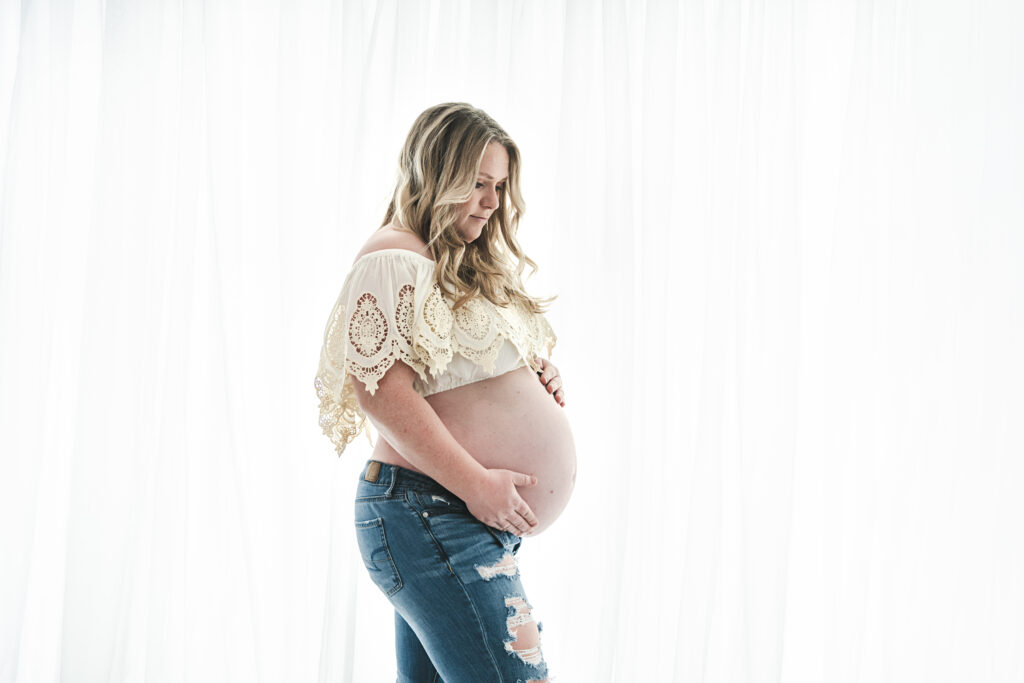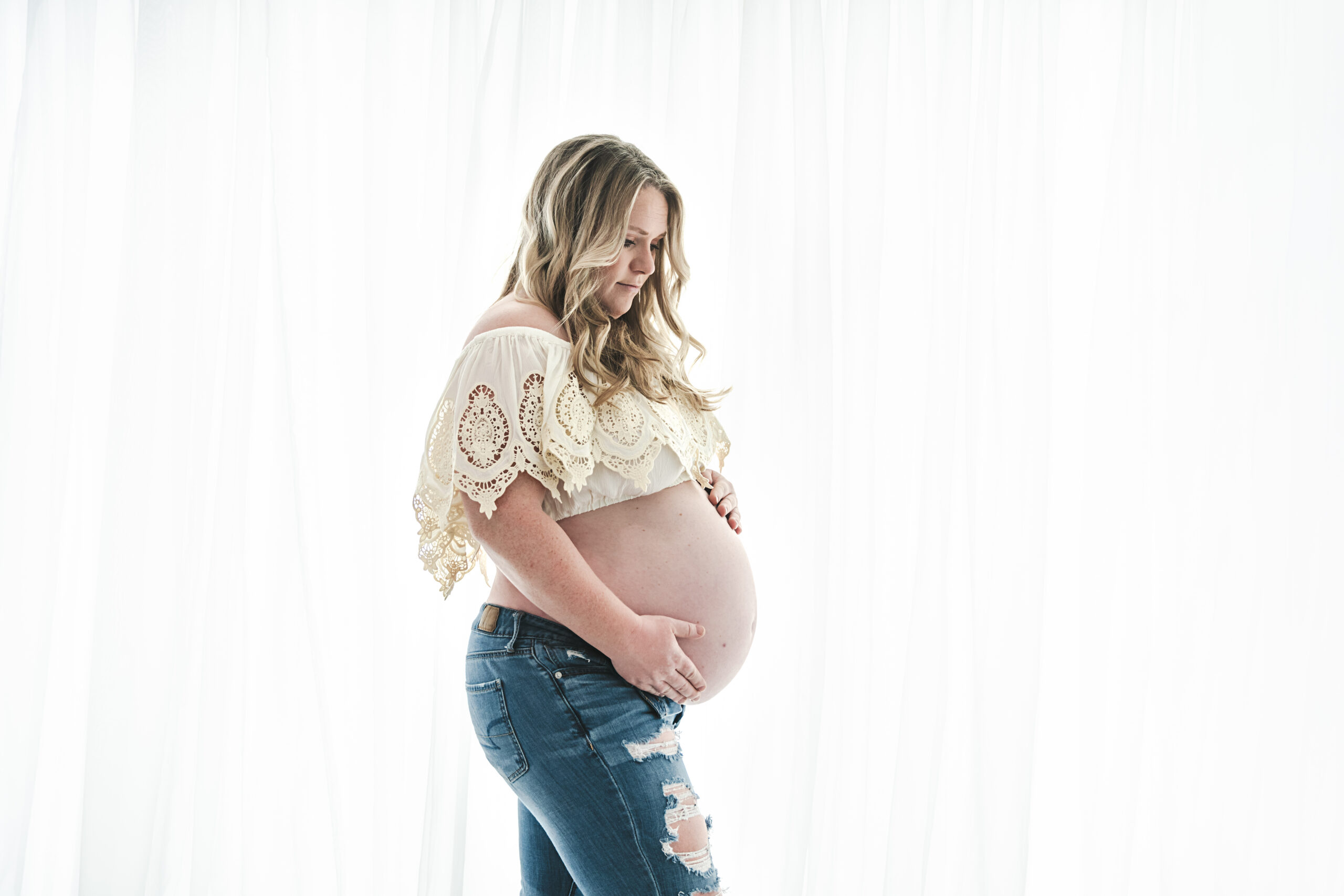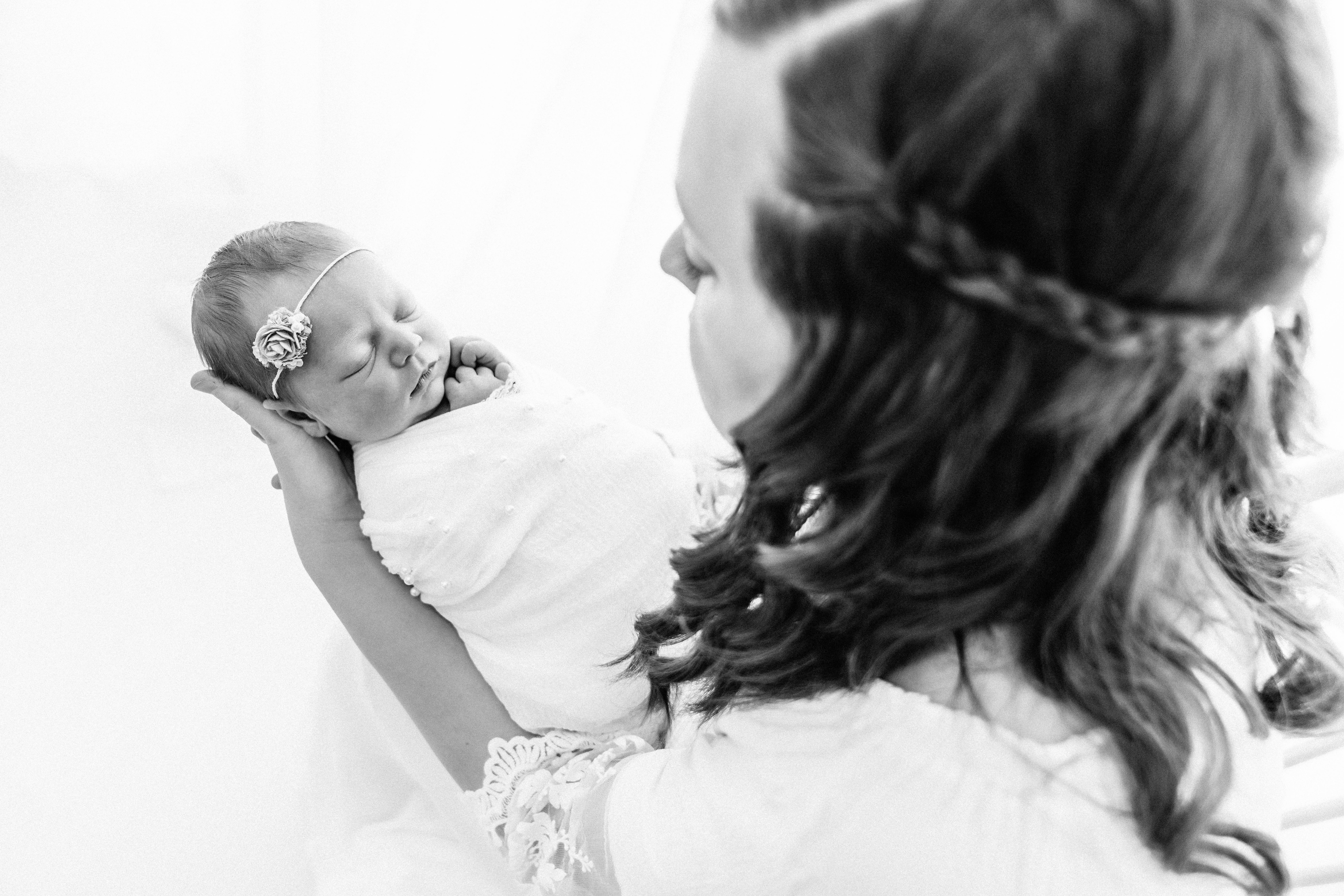From First Trimester Troubles to Delivery Day: A Pregnancy Guide
Pregnancy is a unique journey full of wonders, challenges, and profound changes, not just for your body but also for your lifestyle and mindset. From the moment you discover you’re pregnant to the day you finally meet your baby, each stage of pregnancy brings its own set of experiences. This guide is designed to walk you through the significant phases of your pregnancy, from dealing with the early symptoms and adjusting your diet and lifestyle, to preparing for delivery and recognizing the signs of labor. Whether you’re a first-time mom or adding to your family, understanding these changes can help you embrace this special time with confidence and excitement.

Understanding Early Pregnancy Symptoms and Remedies
In the initial weeks of pregnancy, many women encounter a variety of symptoms as their bodies embark on the extraordinary process of nurturing a new life. Morning sickness, characterized by nausea and sometimes vomiting, is among the most common. To alleviate this discomfort, consider eating smaller meals more frequently throughout the day and opting for bland, easy-to-digest foods. Fatigue is another prevalent symptom, making it essential to prioritize rest and ensure you’re getting enough sleep. An increased sensitivity to odors is also common; avoiding strong smells and ensuring good ventilation can help mitigate this. Staying hydrated is crucial, not only to combat nausea but also to maintain overall health. For those experiencing severe symptoms, it’s important to consult with a healthcare provider who can offer safe, effective remedies tailored to your needs. Embracing these strategies can help manage the early discomforts of pregnancy, setting the stage for a healthier journey ahead.
Navigating Nutritional Needs and Physical Changes
As your journey advances into the second trimester, you’ll likely notice a decrease in early pregnancy discomforts, paving the way for a focus on nutrition and the physical transformations your body is undergoing. This period is essential for your baby’s development, highlighting the importance of a diet that’s well-rounded, incorporating a variety of nutrients, vitamins, and proteins. These dietary adjustments support not only fetal growth but also help you adapt to your changing body, potentially easing the experiences of weight gain and skin changes. Engaging in approved, gentle physical activity is beneficial for your wellbeing, aiding in weight management, boosting your mood, and building endurance for the birthing process. It’s also the perfect time to ensure consistent prenatal check-ups to oversee both your health and your baby’s progress. By embracing these adjustments, you actively contribute to a healthy pregnancy progression, setting a positive foundation for the stages that follow.
Preparing for the Third Trimester and Delivery
The third trimester heralds the final stretch of your pregnancy journey, a time to fine-tune preparations for welcoming your new arrival. This phase often prompts a blend of practical preparations and personal readiness. Enrolling in childbirth education classes can be an insightful step, offering clarity on the birthing process, pain relief options, and newborn care essentials. Creating a birth plan is another pivotal task; it provides an opportunity to articulate your preferences and expectations for the birthing experience. Additionally, familiarizing yourself with your chosen birthing environment through a guided tour can demystify the setting and ease apprehensions. On the physical front, you may encounter increased discomfort as your baby grows. Engaging in exercises that strengthen the pelvic floor can be particularly advantageous, aiding not only in childbirth but in recovery as well. Open dialogue with your healthcare team about any apprehensions or queries is invaluable during this time. Their guidance can offer reassurance and ensure that you approach delivery day with confidence, armed with knowledge and supported by a comprehensive plan.
Strategies for Coping with Pre-Delivery Anxiety
As the arrival of your baby draws nearer, it’s completely natural for nerves to set in. To navigate through pre-delivery anxiety, it’s beneficial to focus on aspects within your control, such as educating yourself about the labor process and organizing your support network. Embracing relaxation practices can also play a crucial role in managing stress. Techniques like deep breathing exercises, engaging in prenatal yoga, or even simple mindfulness meditation can provide significant relief. Another powerful tool is building connections with fellow expectant mothers, either through prenatal classes or online communities. Sharing experiences and tips can offer a sense of camaraderie and understanding, reminding you that you’re not alone in your feelings. It’s also important to remember that voicing your concerns and fears to a trusted partner, friends, or your healthcare team can provide emotional relief and valuable support. Engaging in these strategies can offer a sense of peace and readiness as your due date approaches, helping to shift your focus to the excitement of meeting your new baby.
The Final Countdown: Signs of Labor
As you near the end of your pregnancy, knowing the early signs of labor becomes crucial for a timely and prepared response. One of the initial indicators may be the baby moving lower into your pelvis, a phenomenon often referred to as “lightening.” This can lead to increased ease in breathing but also more frequent trips to the bathroom. An uptick in vaginal discharge, sometimes mixed with the mucus plug, signifies changes in your cervix as it prepares for birth. Pay close attention to the nature of your contractions. Unlike the irregular Braxton Hicks contractions you may have experienced, true labor contractions will increase in intensity, duration, and regularity. The rupture of the amniotic sac, commonly known as your water breaking, is a definitive sign that labor is either underway or very close. Not all women experience a dramatic gush of fluid; for some, it may be more of a slow leak. In either scenario, contacting your healthcare provider promptly is imperative. Recognizing these signs not only aids in your readiness for the birthing process but also in managing expectations and reducing anxiety as you approach the moment of meeting your baby.





























































